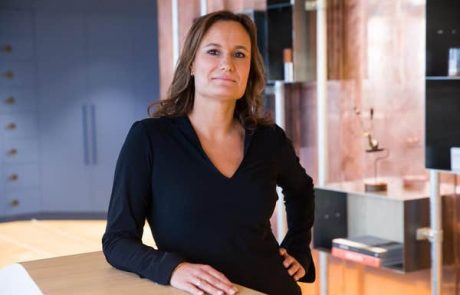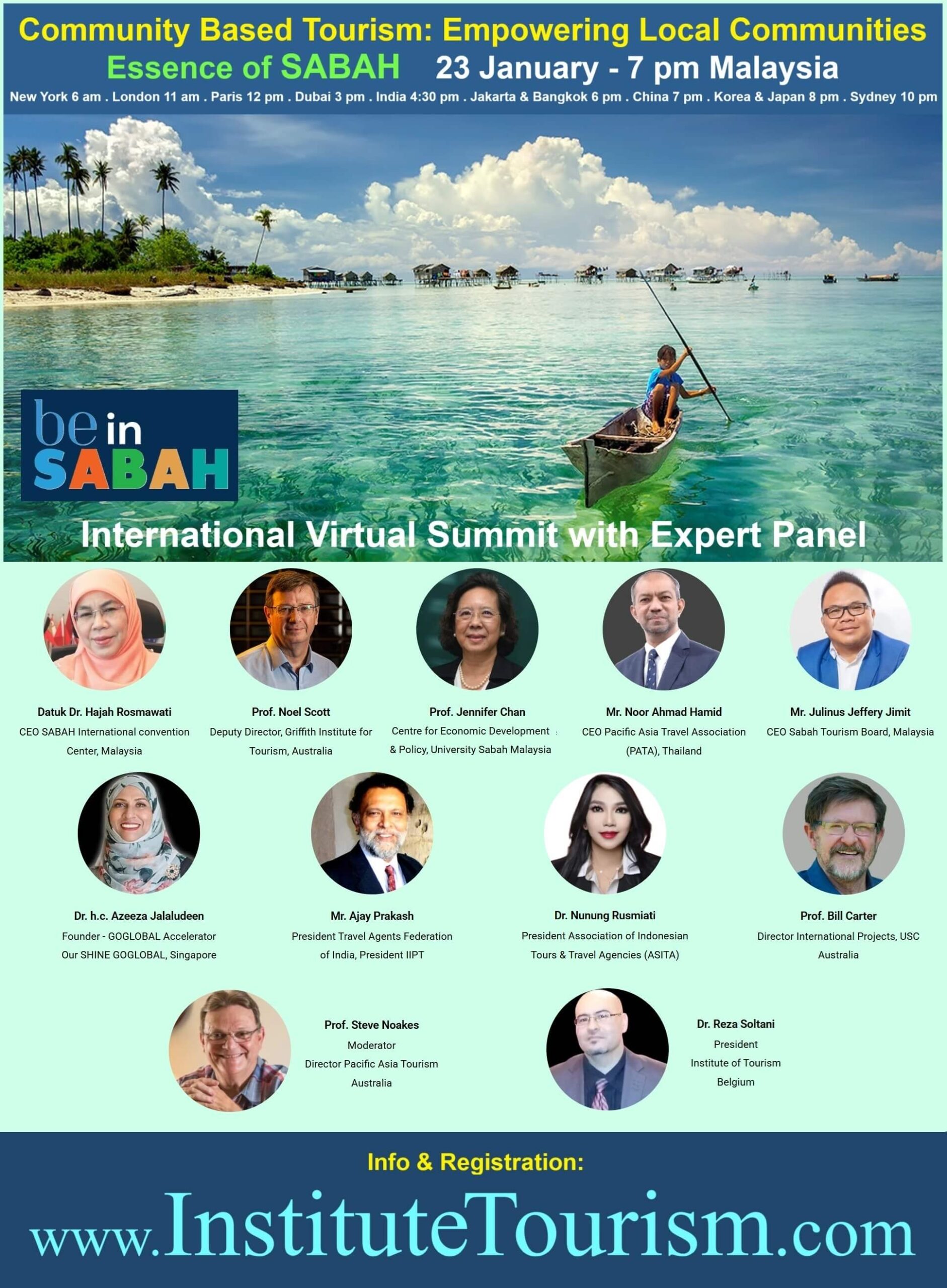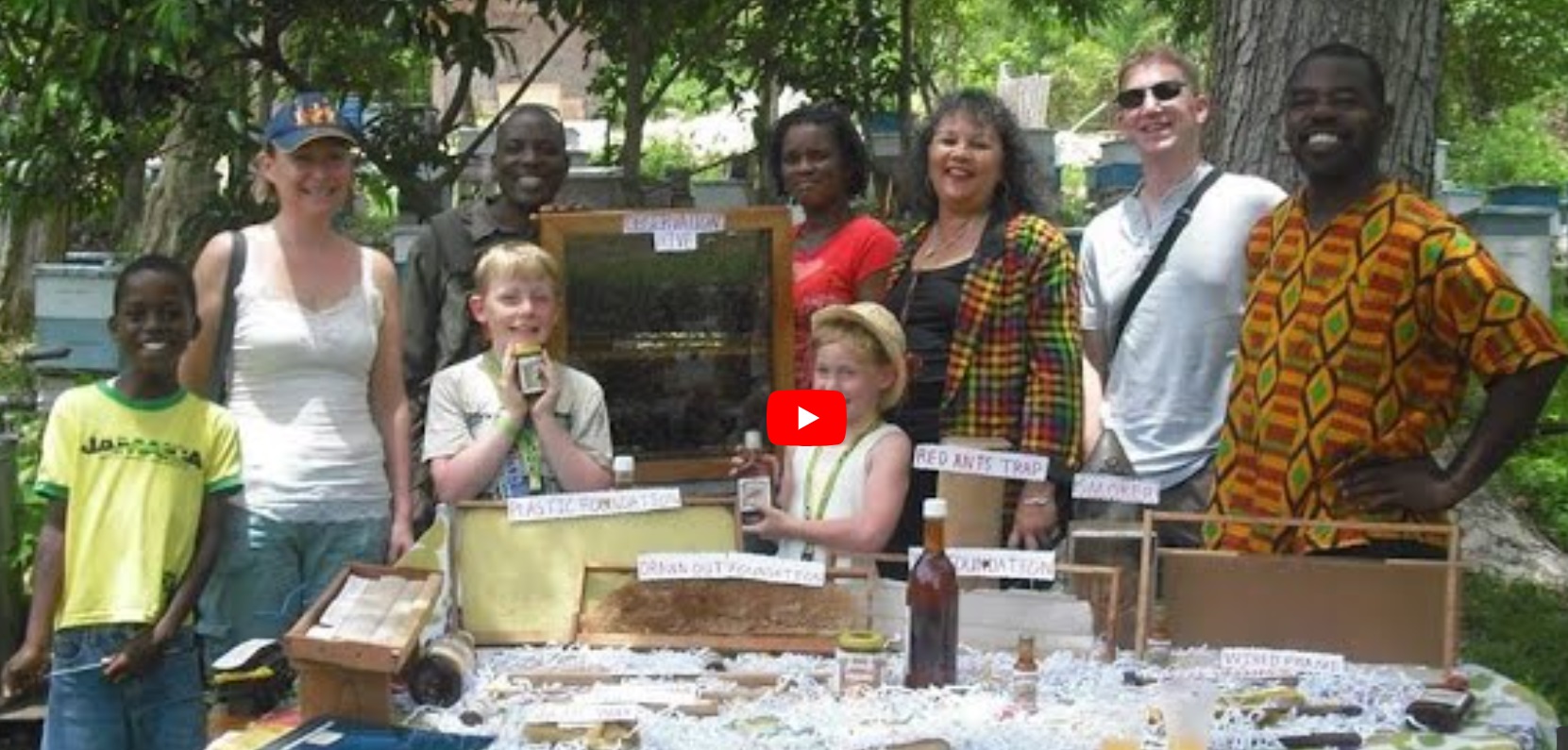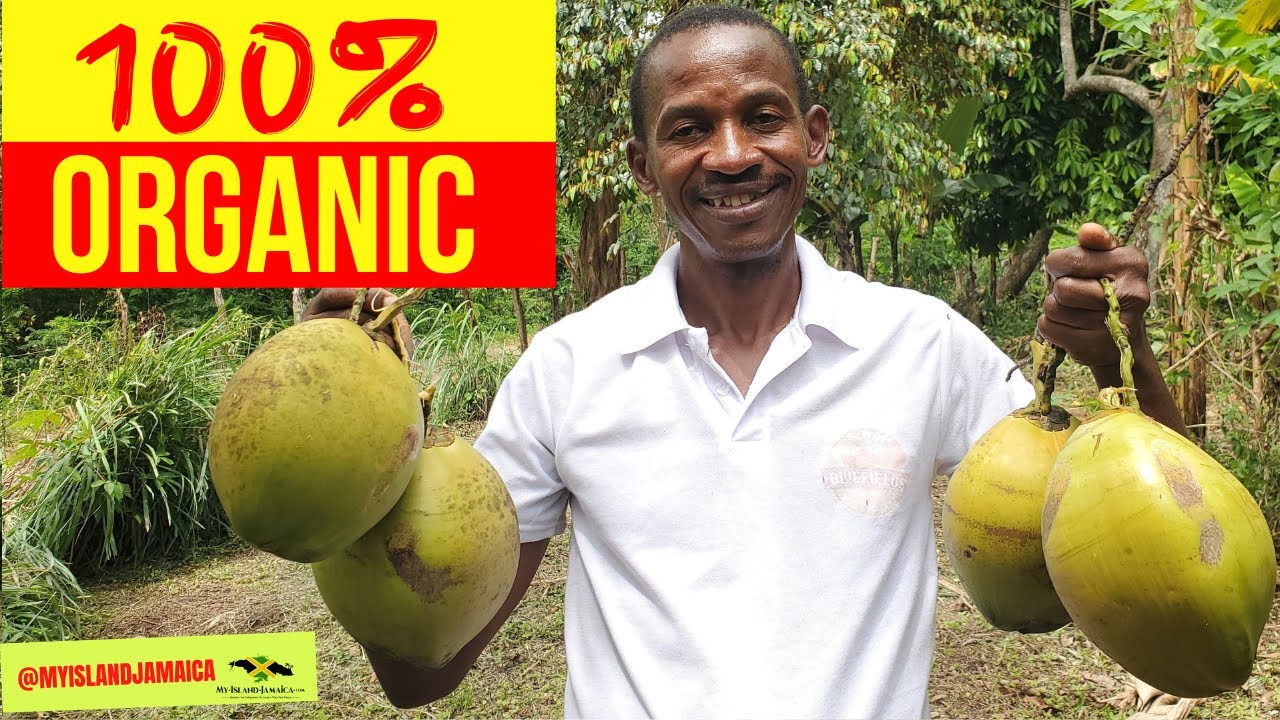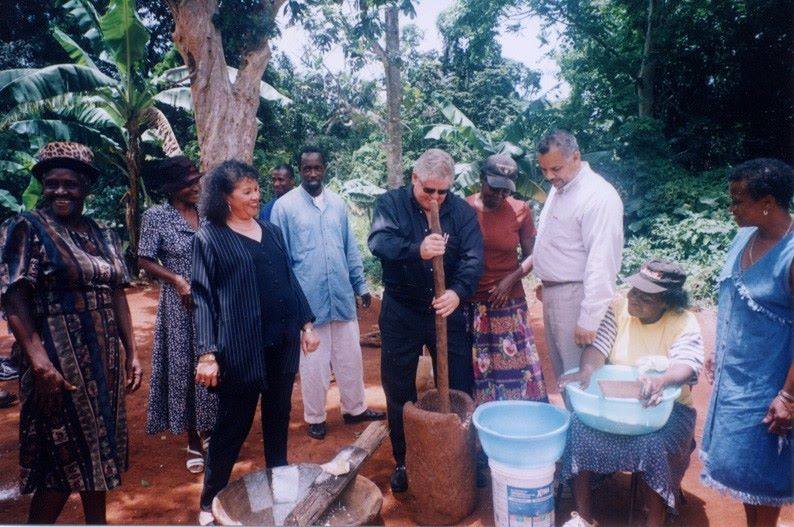71% of Booking customers want companies to offer more sustainable options
71% of Booking customers want companies to offer more sustainable options
“71 per cent of our customers want companies to offer more sustainable options,” Gillian Tans, Booking com’s chairwoman and former CEO tells me in a conference hall in Moorgate.
Tans has just finished speaking at the Girls in Tech Catalyst Conference in London. As a leader of one of the biggest travel tech companies in the world, Tans understands how important sustainability is to the future of the travel industry.
“It’s an area Booking.com is focussing on a lot, not only because we think it’s good for the planet, but also because customers find it more important,” she continues.
“Eco travel is impacting the travel industry a lot, and more companies are thinking much more how to preserve the cities we built and love for generations to come.”
Booking com is taking sustainability seriously. Earlier this month Tans joined Prince Harry at a forum in the Netherlands to announce the new global sustainable travel initiative ‘Travelyst’, which aims to improve conservation, environmental protection and expand local community economic development by encouraging eco-tourism practices across the travel industry.
Along with Skyscanner, TripAdvisor, Visa and Ctrip, Booking.com will be one of the changemakers transforming the future of travel into a more sustainable one.
Tans has also seen a growing shift towards responsible tourism and Booking.com sees the partnership with Travelyst as an extension of the sustainable efforts already in place – including the Booking Booster accelerator programme. Now in its third year, the accelerator programme supports 10 eco-led travel start-ups from around the world, providing them with knowledge and funding them with money.
“It’s a great fit and we see some great initiatives,” Tans says.
“One of these start-ups is the Global Himalayan Expedition. They organise tours for people through Himalayan villages that don’t have light and then implement solar power in these villages on the tours and help people to think about creating an impact. So they create these farm stays which you can book through Booking com, so it’s nice to see it come full circle.”
Earlier this year, Booking.com’s Accelerator Programme for Startups in Sustainable Tourism saw another 10 start-ups receive the three-week accelerator programme in May, complete with lectures, hands-on workshops and coaching sessions. The programme culminates with a final pitch to receive a scaling grant of up to €500k.
The highest grants this year were awarded to Okra Solar from Australia and IMPULSE Travel from Colombia which were awarded €400k each. Okra Solar’s innovative solar grid technology plans to transform the energy market, providing affordable energy access to the one billion people currently living without electricity. IMPULSE Travel offers 200 tours and activities in seven locations across Colombia which funnels funds into local communities with its regenerative tourism model.
At the time, Tans said in a statement: “We have long believed that technology is a powerful instrument for good, including when it comes to sustainable travel. I’m so proud of each and every one of these passionate changemakers and am looking forward to following their progress and supporting them as they seek to transform their visions into reality, helping to keep the destinations that we all love happy and healthy for decades to come.”
Eco travel is impacting the travel industry a lot, and more companies are thinking much more how to preserve the cities we built and love for generations to come.
Gillian Tans, Chairwoman of Booking com
Headquarted in Amsterdam, a fact Tans says a lot of people find ‘surprising’, Booking.com was established in 1996 as a small Dutch start-up and has grown to be one of the largest travel e-commerce companies in the world. Its main purpose is to ‘empower people to experience the world’, and it connects people with everything from apartments, vacation homes, and family-run B&Bs to five-star luxury resorts and tree houses around the world.
Tans started at Booking.com in 2001, and over the past 18 years she has seen it expand to a company with 17,000 employees across 198 countries and to a site with over 28 million listings. Each day on Booking.com 1.5 million room nights are reserved on its platform.
Tans explains: “When I started it was just a small group of people building everything and we had to build our culture, build the product and every phase brought new challenges with new learnings.
“If you stay curious and you’re wanting to learn then you can progress pretty far and help in every phase of the company, which I have been able to do so far.”
The past decade has seen the importance of mobile surpass that of desktop, so much so that over 50 per cent of Booking.com’s business is now done through mobile.
“Booking.com brought the industry online, that’s the first thing that we’ve done because before people were not using technology to find and book accommodation,” Tans says.
“For a long time, we were only focussed on desktop but when mobile came, we channelled a lot of our energy into mobile so there you saw a lot of change in technology and also what technology could do for customers. Because of that, customers could travel with the app and travel more spontaneously. They could arrive at the station and see what properties nearby were available.”
Tans says this also made the process a lot more complex for the company, as they shifted from one focus to multiple. And that they have also seen a shift in focus for the consumer as well, with people looking for more local and authentic experiences.
“I think a big trend that you will see changing is that travel will become more personal, if you see what’s happening with AI [travel is] a lot more personal now,” Tans explains.
“I think this is really an advantage for customers because it will make it much easier to book your trip. I think a lot of travel sites will also make booking simpler, allowing customers to book everything through it.”
While artificial intelligence may soon be able to predict our travel needs for us, Booking.com’s partnership with Travelyst proves that sustainability is the trend that is here to stay.
By Laura Hampson


